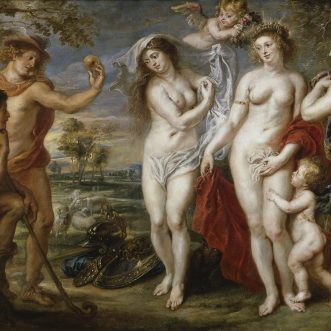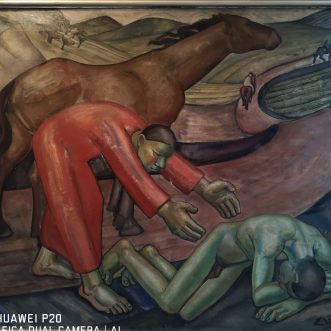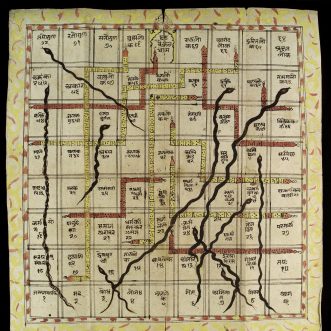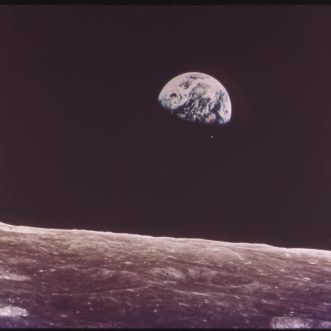
“keep the human in view”
In today’s ‘Thought for the Day’ on Radio 4, Tina Beatty told us of an insight by Hilary Cottam, which is that many big ‘social welfare’ projects fail ‘not because of a lack of funding, but because of a lack of attentiveness to what people really need.’ For women without easy access to water, a well in their village is a far better – and far cheaper – solution than building a dam.
As Tina said, this seems so obvious, why is it being viewed as radical?
I think it’s because ‘failure’ depends on which side of the funding you are on. Take a look at the diagram in this piece by Richard Murphy to see the kind of thing that often happens.
What actually makes Hilary Cottam radical is that she’s suggesting that the ostensible purpose of these projects should also be the real one.
All too often, we mistake what we want for what the people we claim to serve want.
Once you know this, what you do for the people you serve can get simpler.








